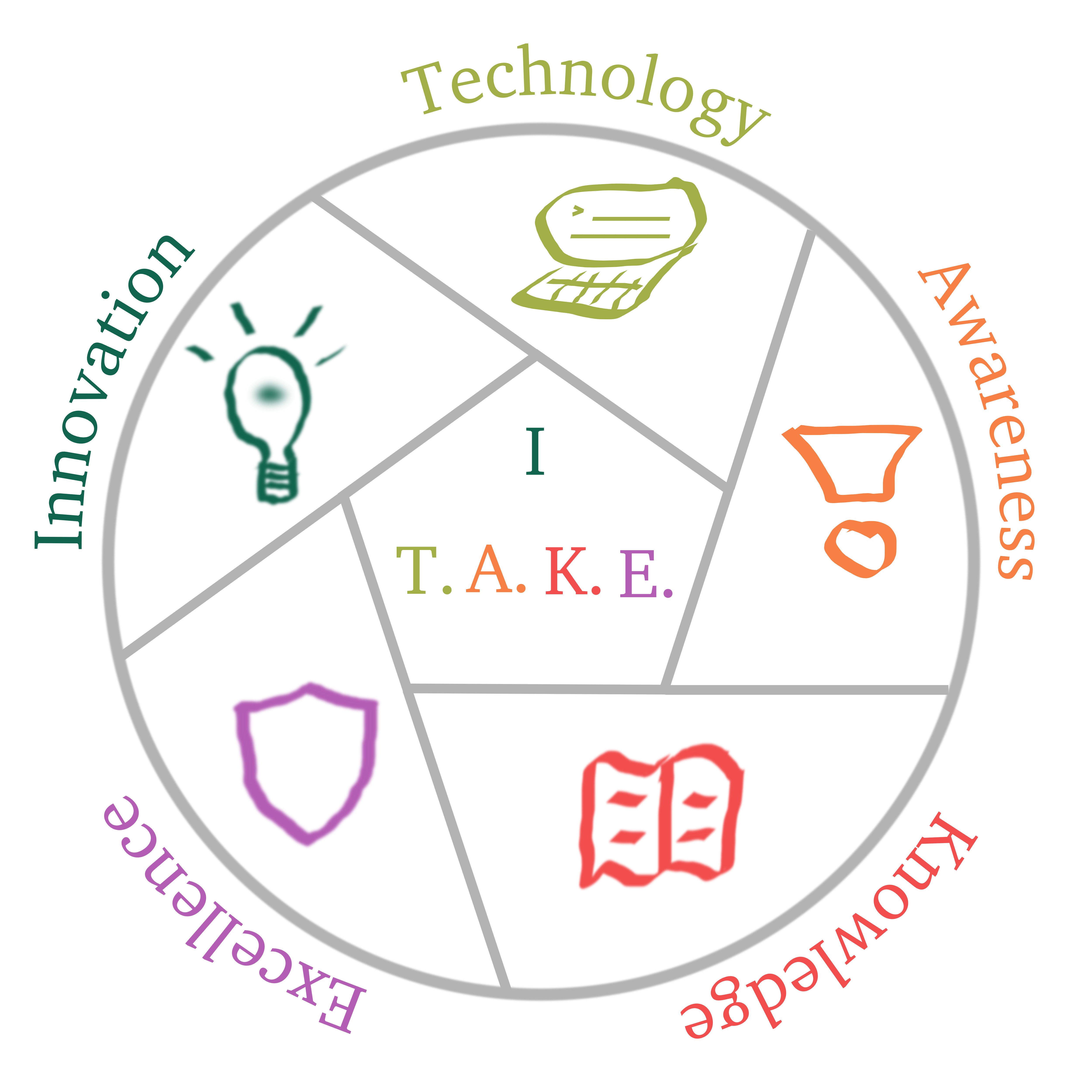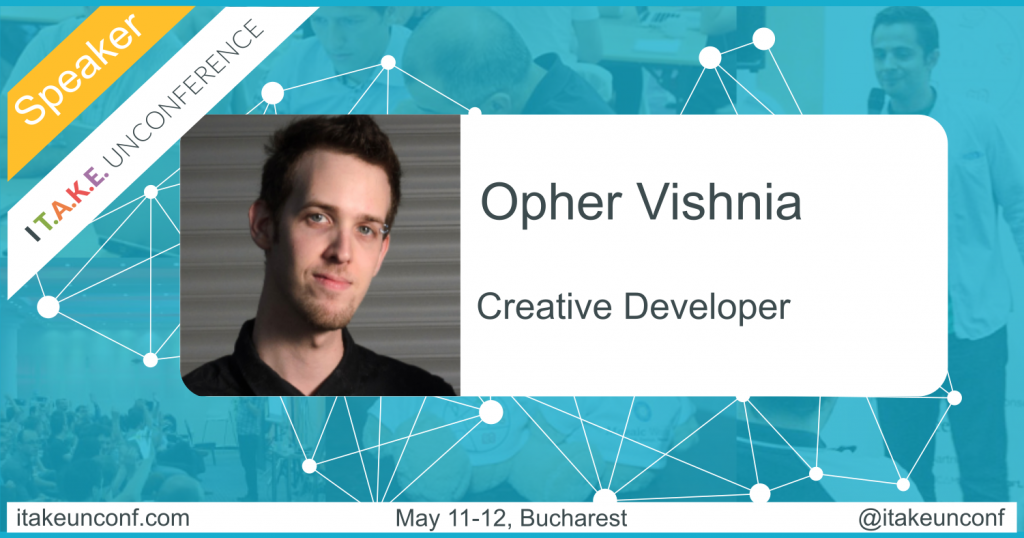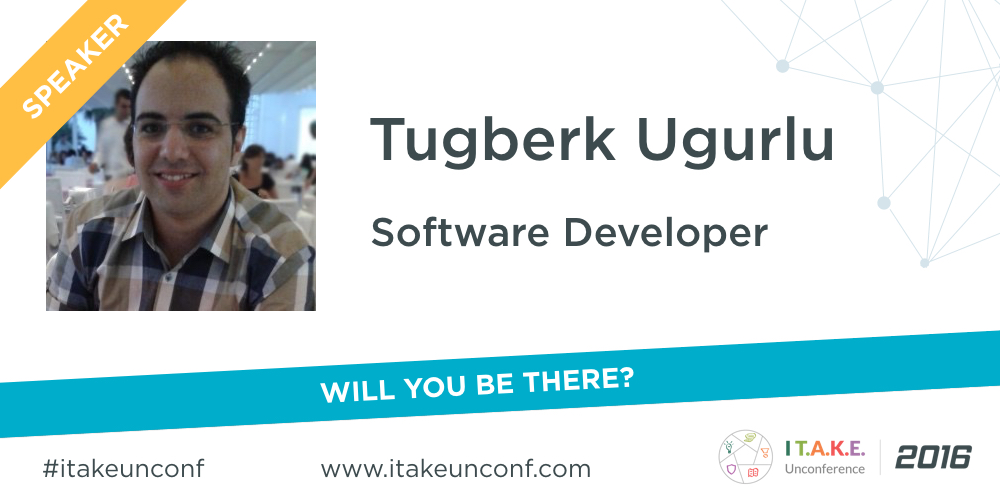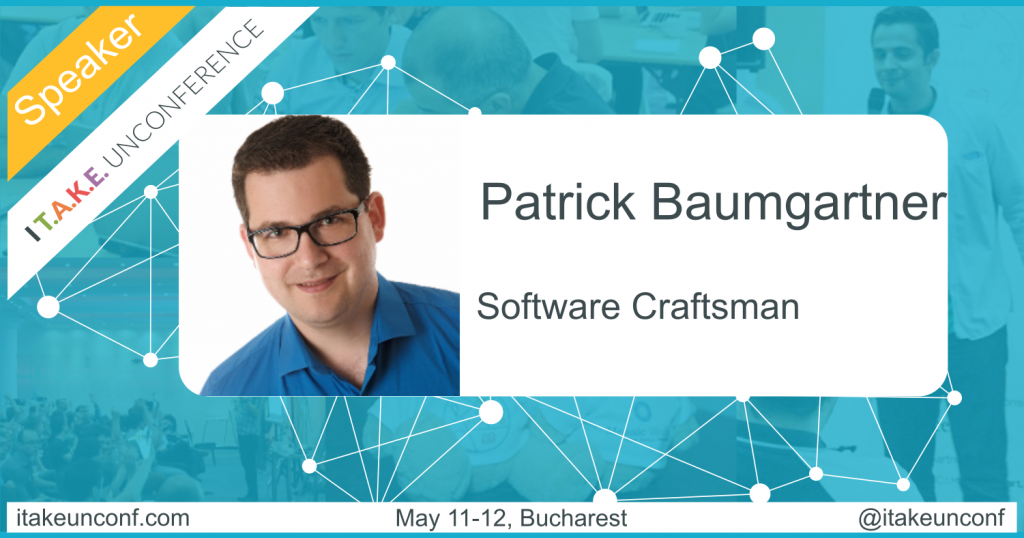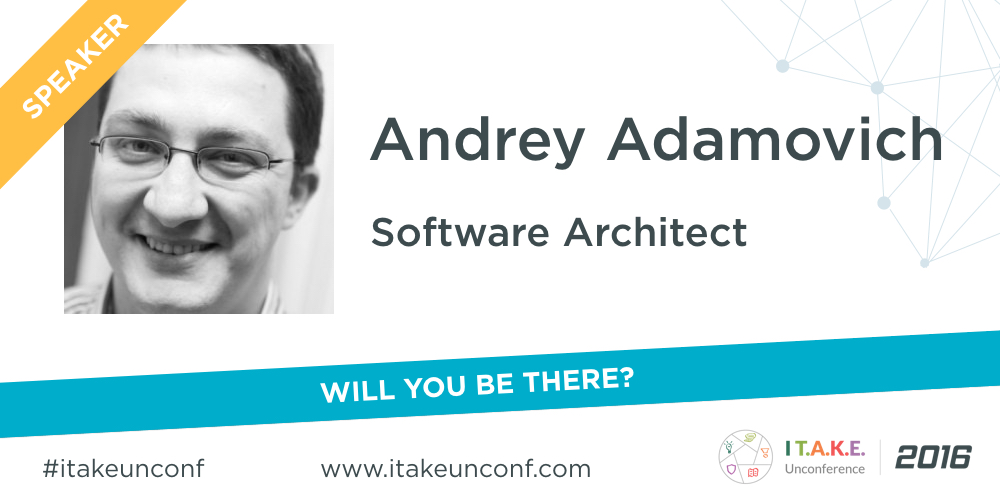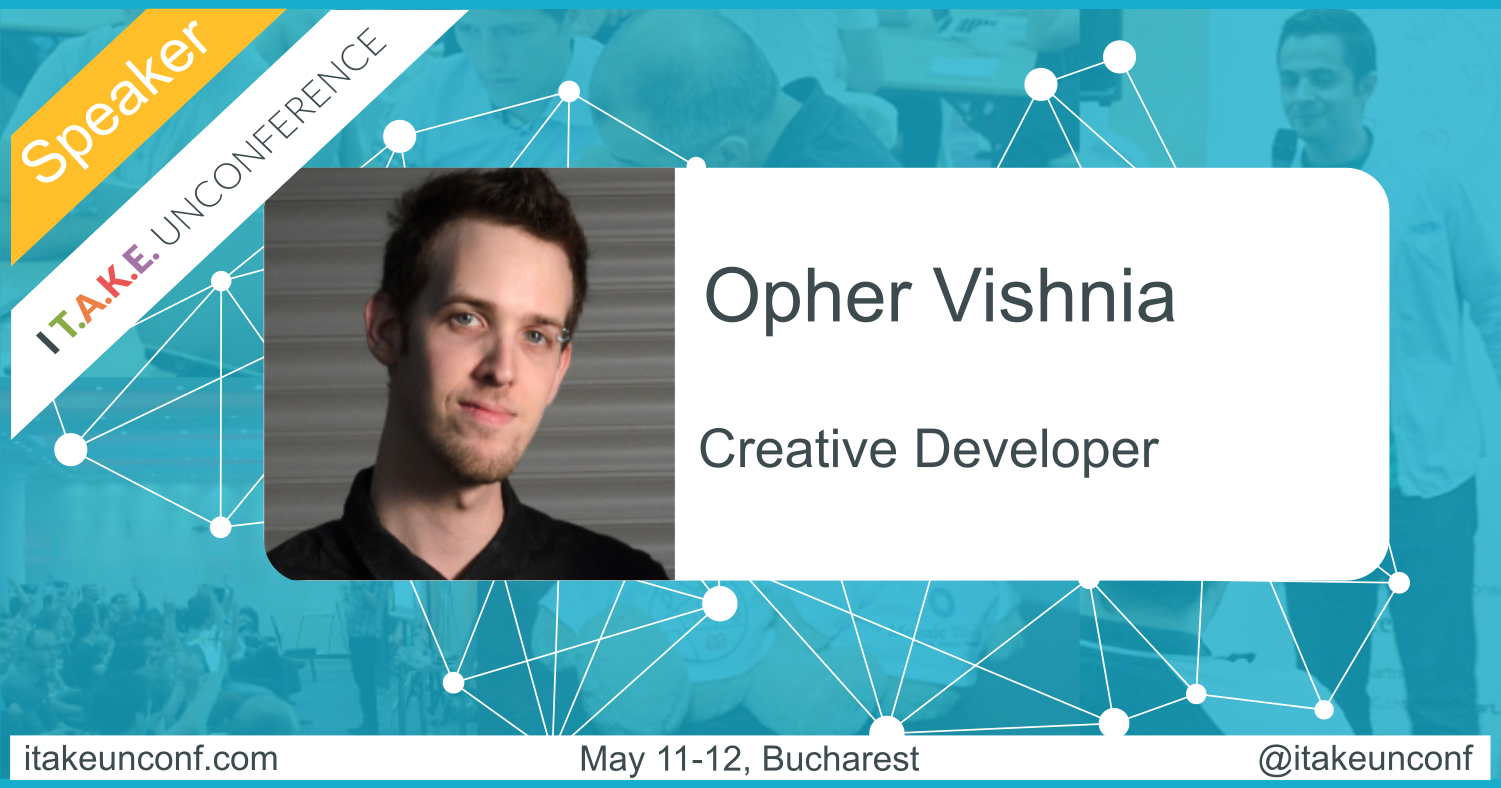
Enjoy the following series of interviews with the speakers, top-notch software crafters from across Europe, joining I T.A.K.E Unconference, Bucharest, 11-12 May. Discover the lessons learned and what drives them to challenge the known path in their field.
Opher Vishnia, Creative Developer at Interlude, is a multidisciplinary creator, invested in many different and often unrelated fields at the same time: computer science, art, music, design, math, game development and more. He is going to share at #itakeunconf more about building a multiplayer game server.
#1. Please share with us 5 things you did that helped you grow & become the professional you are today
√ Invest in personal projects. Think of a project that you think is fun to make and just start hacking at it. Developing something for yourself, where you make all the decisions rather than for a company you work for, is an amazing tool for learning and growing.
√ Join in the conversation. Is there an online group or a meetup for your area of development? That’s a great way to make new personal connections and learn along the way
√ Find an open source project that you like and start contributing. A good place to start would be a tool or library that you already know and use. Your contribution doesn’t have to be code – you can open an issue, improve the documentation or write a tutorial.
√ Take initiative. Is there something in your workplace that can be done better and sounds interesting to play with? Step up and do it. Suggest researching a new topic, or introducing a new tool the workflow. It’ll provide an interesting new challenge and a break from the daily routine. Plus it’ll make you look cool.
√ Stay optimistic. Sometimes these challenges are frustrating, and there are days you won’t make any progress, but the moment you have that “a-ha” moment is worth it all.
#2. What challenges will the participants find solutions to during your session at I T.A.K.E Unconference 2017?
Participants will learn about why making synchronized multiplayer games in the browser is so hard and what solutions do we have at our disposal to tackle those.
#3. Recommend for the participants 3 sources you find inspiration from and would help them better understand you
√ Codepen.io is a wonderful tool for inspiration on the web
√ Games in general. Just get Steam and play something!
√ Multiplayer Game Programming: Architecting Networked Game by Josh Glazer & Sanjay Madhav – A very comprehensive book on all things multiplayer
Want to meet Opher, +30 international speakers and ~300 software crafters from around Europe?
Register now for I T.A.K.E Unconference 2017!
